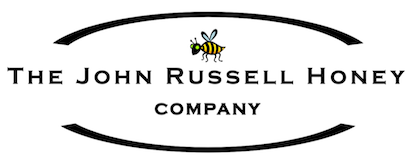Food Fraud: Profit In Deception
The Government of Canada prevents more than 100,000 kg of misrepresented food from being sold in Canada (thank you very much to the team working on that!). As it turns out, honey is a food category that is historically rife with counterfeiting, blending, and adulteration.
The Canadian Food Inspection agency released its food fraud annual report today on March the 2nd, 2023. The following are some interesting tidbits!
77.5 percent of 80 honey samples were found satisfactory. That means 18 of those samples failed. Out of 18, only one was from a Canadian source with the rest originating from overseas. This means that what was purchased and consumed was not honey, but honey cut with other sweeteners.
This statistic is a glaring example of why Canadian honey is a safer harbour when you select a brand, and reading your labels will tell you where it comes from. Taking it one step further, 1 out of 6 domestic brands were found to be blending their honey with cheaper honey from overseas. These are generally large packers who can sneak in barrels of inexpensive Argentinian, Chinese, or any of the other major cheap honey exporters' product into their local sources to easily cut costs. Keep in mind that if a packer is willing to deceive you with where the honey comes from, is it a big step to wonder if they care what traces of pesticides or antibiotics or other pollutants are in it as well?
Canada has very strict testing standards indeed, however the same cannot be claimed from countries where much of this cheaper honey is sourced. The solution to avoid all of these uncertainties getting to your table? Buy local honey! The small local beekeepers (like us!) guarantees you a pure, Manitoba honey jar to put on your kitchen table. Generally, with less expensive honey as well as many other products, there are reasons that big companies can afford to sell it on the cheap. Lack of purity, child labour, predatory and exploitative business practices, are just a few of them.
"We hold no anger toward those that sell their product for less, as they are in the best position to gauge its worth."
Find the Canadian government's overview here, as well as the entire food fraud report here which covers not just honey but a wide range of categories including spices and oils.
